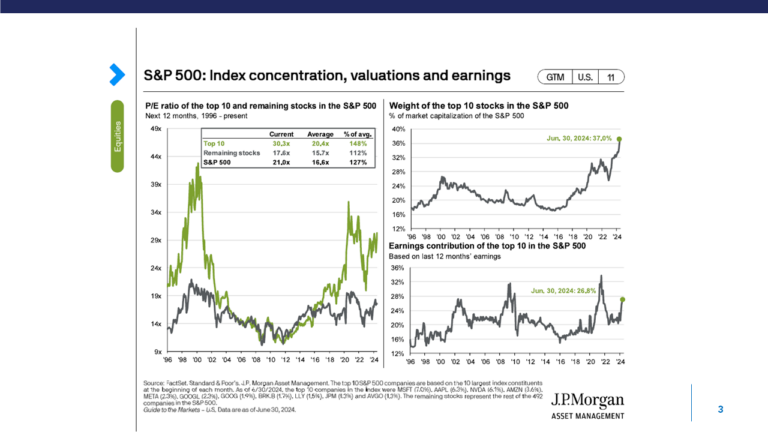The recent sharp gyrations in world stock prices have the “experts” falling all over themselves trying to predict where the market will end up this year. Based on past experience with such predictions, it is best not to give any of them any weight, because they are likely to be wrong.
The New York Times recently reported on a new study of past Wall Street predictions which found little that was helpful to investors. The study, by the Bespoke Investment Group, a New York-based market research firm, confirmed that future movements in the investment markets are virtually impossible to predict.
For instance, since the year 2000 the average annual consensus estimate among Wall Street analysts for the Standard & Poor’s 500 Index called for a yearly increase of 9.5%. Instead, the index has averaged a gain of a little less than 4% per year.
The analysts have been spectacularly wrong in specific years. In 2001 they foresaw an increase of 20.7%, but the S&P 500 fell by 13%. At the beginning of the major bear market in 2008 they thought stocks would rise by 11.1% but the index crashed by 38.5% that year.
The analysts, in fact, have not predicted one yearly decline since 2000, even though the index fell during five calendar years over that period.
“In all honesty, though, to try and look out one year from now and tell people what the market will or will not do is a fool’s errand,” Bespoke’s report said.
Remember that these analysts are among the brightest and highest-paid people on Wall Street. If they cannot get their forecasts right, then it is unlikely anyone else will either.
The Times notes that there really is no reliable indicator of future investment market returns; they go on to point out that if such an indicator existed, so many investors would use it that its true benefit would almost immediately disappear.
We believe a diversified portfolio, invested in a manner that best matches your timeline and risk tolerance, is one of the best ways to weather the markets. No one knows what the market will do in the short term. We recommend focusing on what you can control: costs, taxes, and human behavior.
Richard Schroeder CFP®, Jan. 28, 2016


